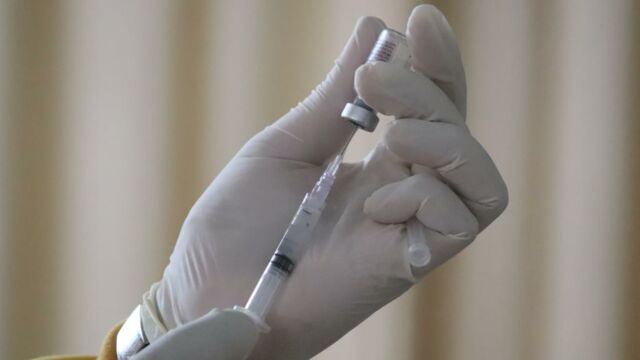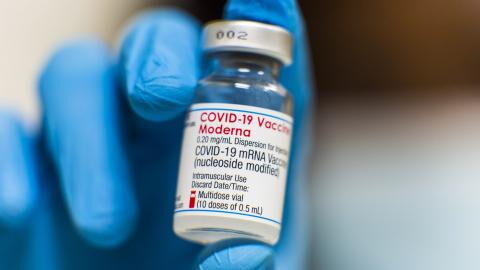German company CureVac's preliminary results from a clinical trial of its COVID-19 jab has been shown to be only 47% efficacious. The trial results are disappointing to experts who had high hopes the company could provide relief for low and middle-income countries experiencing a vaccine shortage.
Discover our latest podcast
The least efficient COVID jab ever made
Compared to the jabs produced by Pfizer-BioNTech and Moderna who have an efficacy rate of 95%, CureVac's preliminary analysis has revealed that older people appear to get less shielded from the vaccine than their younger counterparts.
With one of the lowest efficacy rates among all COVID-19 vaccine makers, CureVac was being rooted for as it had some advantages over other mRNA vaccines. Not only was their vaccine able to remain stable for months in a refrigerator but, compared with its competitors, the CureVac jab used fewer mRNA molecules per vaccine which, in turn, made it cheaper and more accessible to second and third world countries.
Strangely enough, the CureVac vaccine showed promise upon evaluating results through animal experiments during early clinical trials.
In order for a vaccine to be considered strong enough to be approved for administration to shield against the coronavirus, both the World Health Organization and the Food and Drug Administration have set a threshold of 50%.
'We’re going to full speed for the final readout'
But the company's chief executive, Franz-Werner Haas, said it would stop at nothing to continue developing the vaccine until it is granted authorization by the European Medicines Agency. Last year, the European Union had agreed to purchase 405 million doses of the CureVac jab if it received approval.
Now, Dr. Haas says that the reason the results were so disappointing is due to the prevalence of variants of the virus, which were used during trial—something the earlier vaccine makers did not have to account for.















